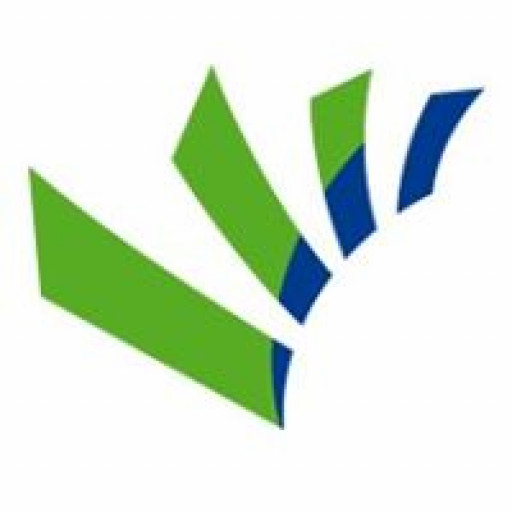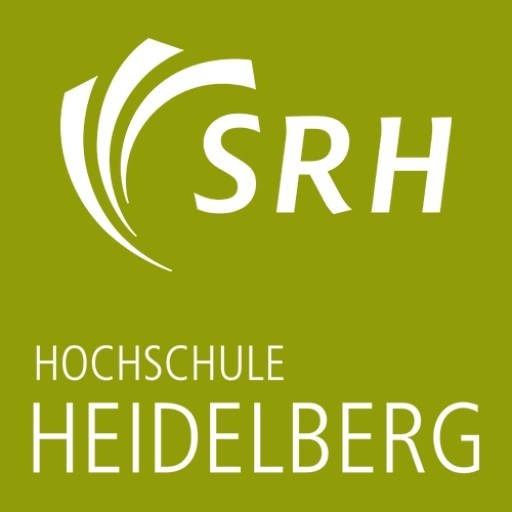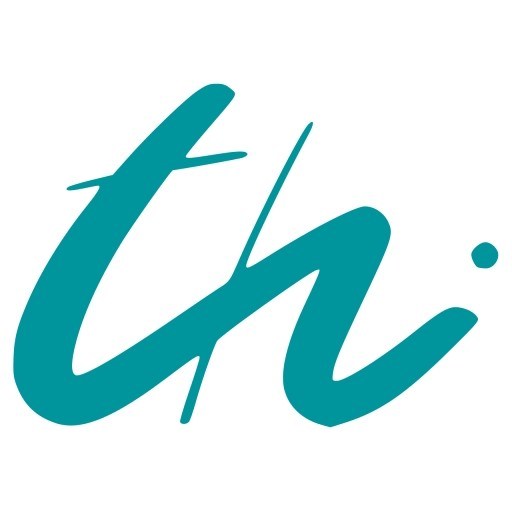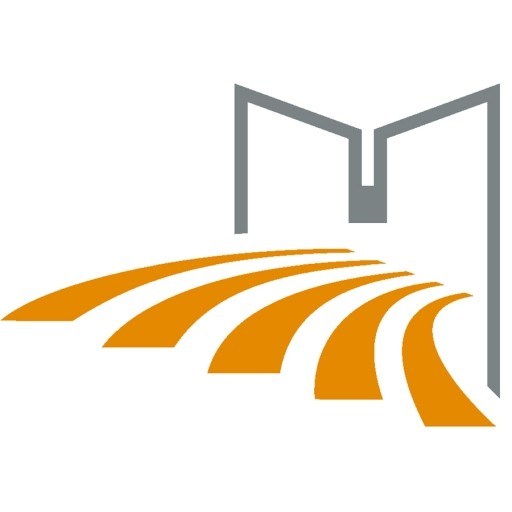Photos of university / #unisiegen
The Computer Science bachelor's program at the University of Siegen offers students a comprehensive and in-depth foundation in the fundamental principles and practical applications of computer science. Designed to prepare graduates for a wide range of careers in technology, research, and development, the program combines theoretical knowledge with practical skills to meet the demands of the rapidly evolving digital world. Throughout the course of study, students will explore core topics such as algorithms, data structures, programming languages, software engineering, computer architecture, and database systems. They will also gain insights into emerging areas like artificial intelligence, machine learning, cybersecurity, and human-computer interaction, enabling them to address contemporary challenges in the digital domain. The curriculum emphasizes hands-on learning through projects, laboratory work, and internships, fostering problem-solving abilities, teamwork, and independent research skills. Additionally, students have opportunities to specialize in various subfields or pursue interdisciplinary projects, thus tailoring their education to their interests and career goals. The university also encourages international exchanges and collaborations, providing students with a global perspective on technology development and application. Equipped with state-of-the-art facilities and experienced faculty members, the Computer Science program at the University of Siegen prepares graduates for diverse roles in industry, academia, and entrepreneurship. Graduates are well-positioned to contribute to innovation in fields such as software development, data analysis, system security, and digital transformation. The program aims to develop not only technical expertise but also critical thinking, ethical responsibility, and communication skills necessary for responsible participation in society's digital future. Whether students aspire to work in cutting-edge research, innovative startups, or established corporations, the Computer Science program provides a solid foundation and a springboard for a successful career in the digital age.
Educational organisation
The Master's programme Computer Science at University of Siegen includes different types of modules.Core modules convey a broad spectrum of relevant topics for computer science including theoretical, practical and technical computer science. Practical modules convey basic practical skills such as capabilities in software and hardware development as well as practical activities that are close to future occupational areas. The practical modules establish key qualifications that are required for team work in typical projects of the information technology industry.
Specialised modules convey profound scientific knowledge in the area of embedded systems or visual computing. Specialised modules can be chosen out of a comprehensive catalogue of modules. The specialised modules build on top of the core modules and focus on expertise in an area that is typically the foundation for the student projects and the Master's thesis.
The Master's programme for Computer Science is structured as follows:
1. Four out of five core modules (5 CP each): Logic, Embedded Systems, Parallel Processing, Computer Graphics, Computer Architecture.
2. Practical modules: one seminar (5 CP), one project group (20 CP)
3. Nine specialised modules (5 CP each)
4. Master's thesis (30CP)
For the study focus embedded systems, the following specialised modules are offered (5 CP each): Information and Communication Security (two modules), Communication Engineering, Embedded Control, Estimation Theory, Information Security (two modules), Storage Technologies, Stochastic Models, Telematics (two modules) Digital Communication Technology (two modules).
For the study focus visual computing, the following specialised modules are offered (5 CP each): Computer Graphics (two further courses), Visualisation, Virtual Reality, Multimedia Retrieval, Synthetic Aperture Imaging, Pattern Recognition, Machine Learning, Statistical Learning Theory, Machine Vision.
The project group is a group work in teams of four or more students. The main goal is to work consistently on a large-scale project for two semesters, dealing with all aspects of this kind of projects including project management, concept design and evaluation.
Study abroad unit(s)
There are no integrated abroad units, but students are encouraged to takes courses at partner universities.Forms of assessment
Assessments are in the form of written or oral examinations for core and specialised modules. Practical modules are assessed with a final presentation which may include a documentation. The Master's thesis results in a written thesis which has to be defended in a presentation with additional discussion.Course objectives
The vocational field of graduates in computer science includes research, development, operation and maintenance of complex systems for information processing. The demand for graduates in computer science on the labour market is continuously high.The course objectives are to enable students for both a leading position in industry as well as an academic career. Students learn all relevant theoretical concepts in either study focus, and they will make many practical experiences on the individual level as well as in team constellations. Furthermore, students will prove their ability to work independently in a research context. At the latest with their Master's thesis, they will be qualified and able to tackle as yet unsolved research related problems.
Graduates of computer science at the University of Siegen are in a pole position for their career in industry and academia. The University of Siegen benefits from intensive collaboration with local industry as well as leading German and international companies (e.g., automotive, avionics, semiconductors, factory automation, sensor technology). The University of Siegen participates in numerous international and national research projects where it collaborates with other universities and research organisations.
Language requirements
English language proficiency certificate: TOEFL iBT: min. 87 or IELTS: Band 5-6. The TOEFL code number for the University of Siegen is 8429.Academic requirements
Bachelor's degree in computer science or electrical engineeringThe minimum grade of the Bachelor's degree is "satisfactory" (3.0). The responsible board of examiners will make the decision on the equivalence of degrees acquired at other higher education institutions or in other degree courses and on the suitability for the Master's programme.
Enrolment fees
Approx. 250 EUR per semester for a public transport ticket (valid for six months in the entire state of North Rhine-Westphalia), social services contribution and students' activitiesCosts of living
The city of Siegen is one of the German cities with very moderate costs for accommodation, but it has excellent living conditions. Living expenses including accommodation and health insurance range from 650 to 750 EUR per month.Job opportunities
Siegen hosts a large number of mid-size industrial companies in electrical and mechanical engineering, some bigger examples being SMS and Achenbach Buschhütten. A lot of smaller but very successful and quickly growing high-tech companies are located here as well, examples of these being PMDTechnologies and Asentics, which are spin-off companies from the university.As a result employment chances are very good for part-time student co-workers during semester breaks and full time co-workers after completion of studies.
Arrival support
Personal support after arrival is provided by the staff of the Department International Student Affairs, a tutor, or an experienced programme member.Services and support for international students
All international students are supported by the Department International Student Affairs, a tutor, and experienced members of the individual programmes.Accommodation
German universities usually do not have campus systems like the universities in some other countries where students can find accommodation directly on university property. Therefore, students must find rooms on their own. Rooms in private accommodation cost 280 EUR on average. Rooms in student residences cost between 220 and 400 EUR. Direct support for finding suitable accommodation is offered by the Department International Student Affairs.Detailed information concerning general accommodation can be found at:
http://www.uni-siegen.de/start/studium/studentisches_leben/wohnen.html.en?lang=en
Our International Office (http://www.uni-siegen.de/isa) will also provide you with further information about private accommodation.










